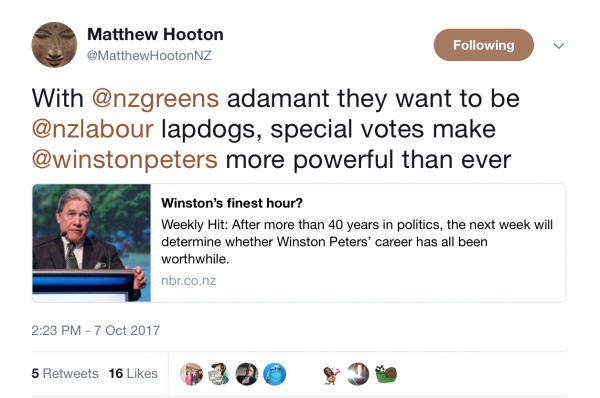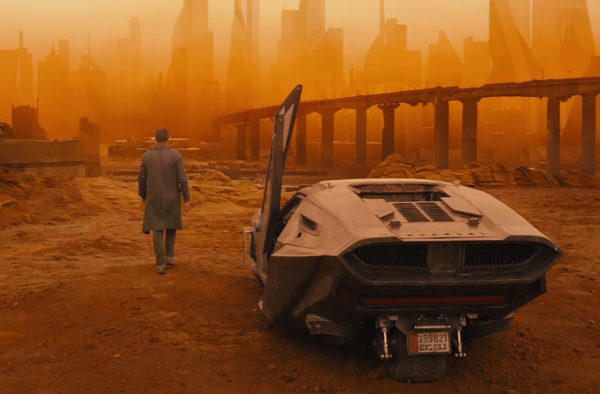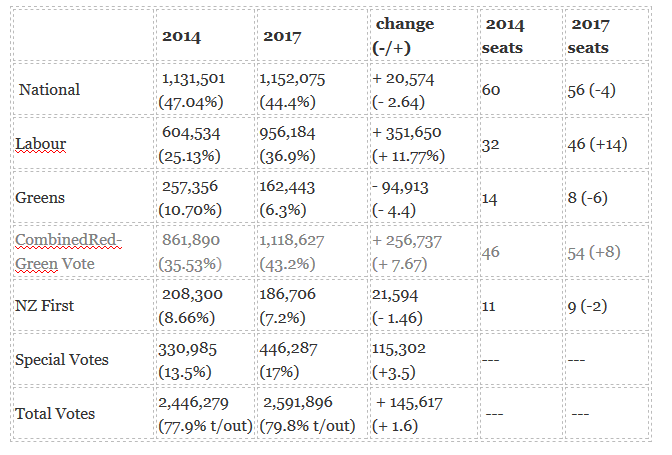.

.
You can feel mainstream media’s frustration with the news-vacuum created by the two week period necessary to count the approximately 384,072 (15% of total votes) Special Votes that were cast this election.
.

.

.
Winston Peters has announced on several occasions that he will wait until the Specials are counted and announced by the Electoral Commission on 7 October, before making any announcements on coalition;
“This will be the last press conference I am going to hold until after the 7th of October… I can’t tell you what we are going to do until we have seen all the facts.
I can’t talk to you until I know what the 384,000 people who have cast their vote said…”
And you know what? He’s 100% right.
All the media pundit speculation; all the ambushing at airport terminals; all the annoyingly repetitive questions are utterly pointless. Peters simply cannot say anything meaningful until 7 October because the 2017 Election has not yet fully played out.
This is not a game of rugby where, after eighty minutes, a score determines a winner and loser (or draw). In this game of “electoral rugby”, the score will not be delivered for two weeks.
The media – still feeling the adrenaline from Election Night “drama” – appears not to have realised this. The 24-Hour News Cycle is not geared toward a process lasting days or weeks.
One journalist writing for the NZ Herald, Audrey Young, even suggested that initiating coalition talks before the Specials were counted and announced was somehow a “good thing”;
It is surprising that NZ First has not begun talking to National yet, at a point when it has maximum leverage.
Not doing so before the special votes runs the risk having less leverage after the specials are counted should there be no change in the seats, or in the unlikely event of National gaining.
That bizarre suggestion could be taken further; why not announce a government before any votes are counted?
Pushed to maximum absurdity, why not announce a government before an election even takes place? Banana republics fully recommend this technique.
It says a lot about the impatience and immaturity of journalists that they are demanding decisions on coalition-building before all votes are counted. It is doubtful if any journalist in Europe – which has had proportional representation far longer than we have – would even imagine making such a nonsensical suggestion.
Little wonder that Peters lost his cool on 27 September where he held a press conference and lambasted the mainstream media for their “drivel”;
“Now frankly if that’s the value you place on journalistic integrity you go right ahead, but the reality is you could point to the Electoral Commission and others and ask yourself why is it that 384,000 people will not have their vote counted until the 7th of October.
Maybe then you could say to yourselves that may be the reason why New Zealand First has to withhold its view because we don’t know yet what the exact precise voice of the New Zealand people is.
All I’m asking for is a bit of understanding rather than the tripe that some people are putting out, malicious, malignant, and vicious in the extreme.”
The mainstream media did not take kindly to the critical analysis which they themselves usually mete out to public figures. They reported Peters’ press conference in unflattering terms and a vehemence usually reserved for social/political outcasts who have somehow dared challenge the established order of things;
.

.
The Fourth Estate does not ‘do’ criticism well.
Even cartoonists have piled in on Peters, caricaturising him for daring to impede the [rapid] course of democracy;
.
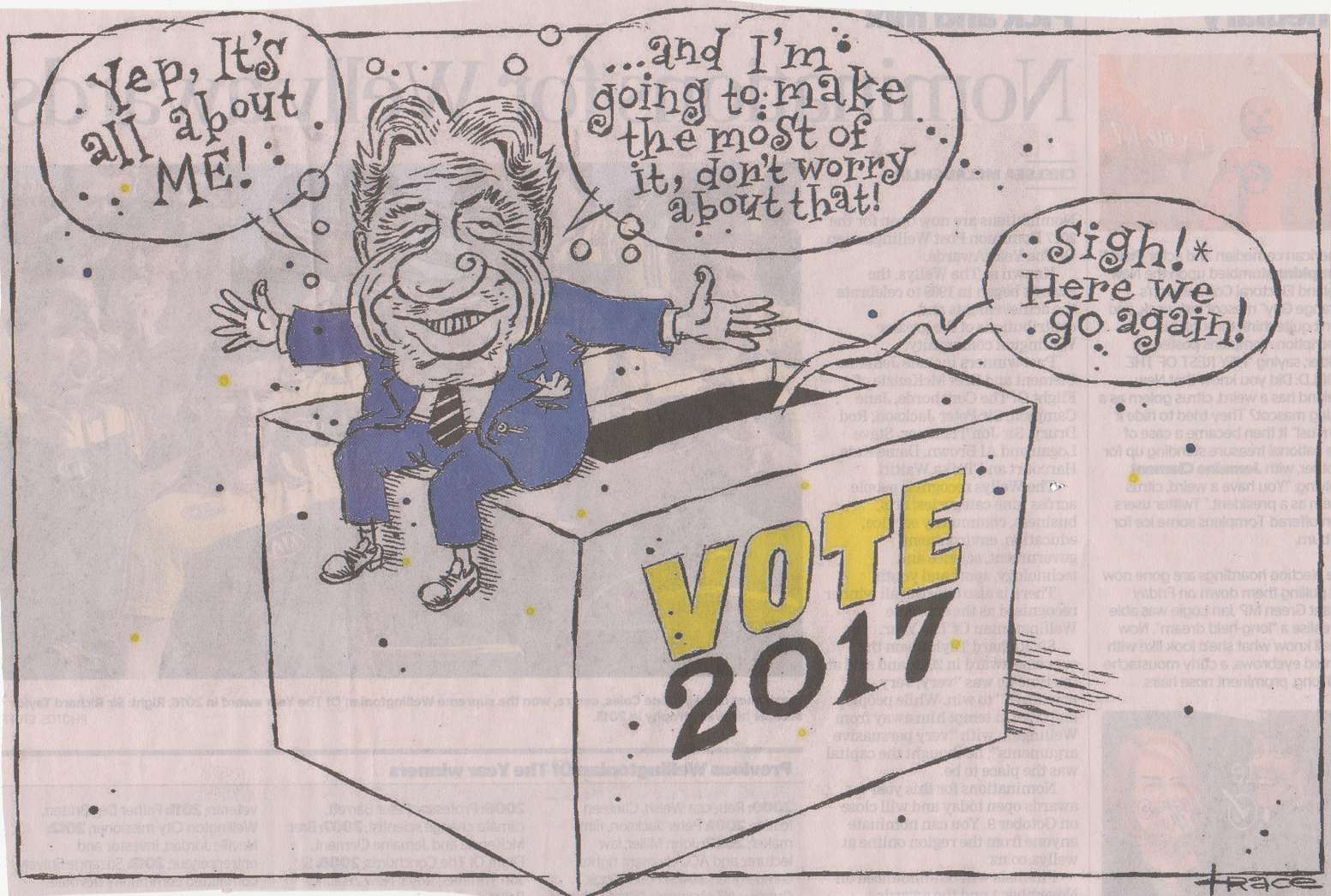
.
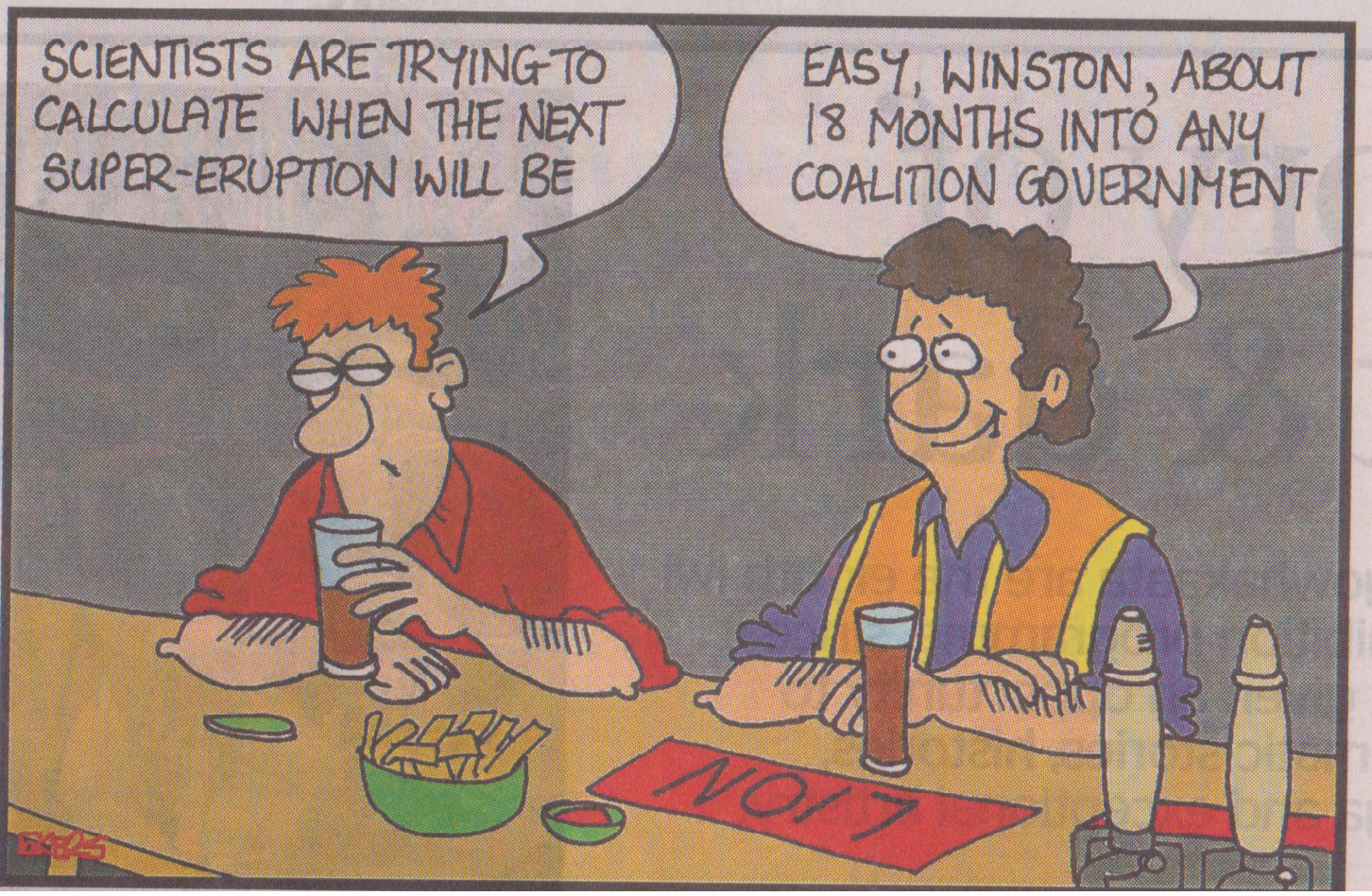
.

.
Or satirising Peters for being in a position to coalesce either with Labour or National. Despite this being a feature of all proportionally-elected Parliaments around the world, this has somehow taken the mainstream media by surprise;
.
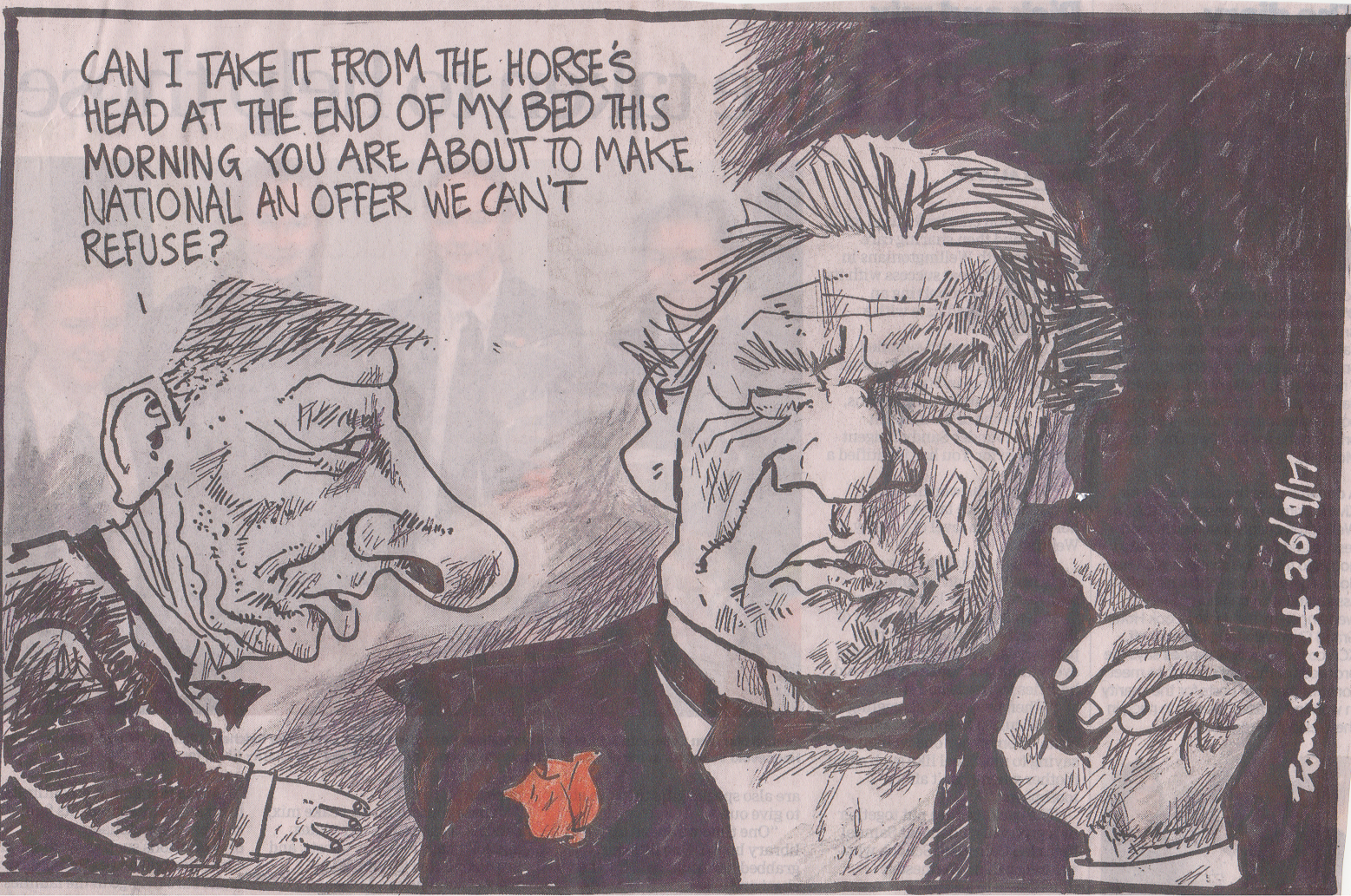
.
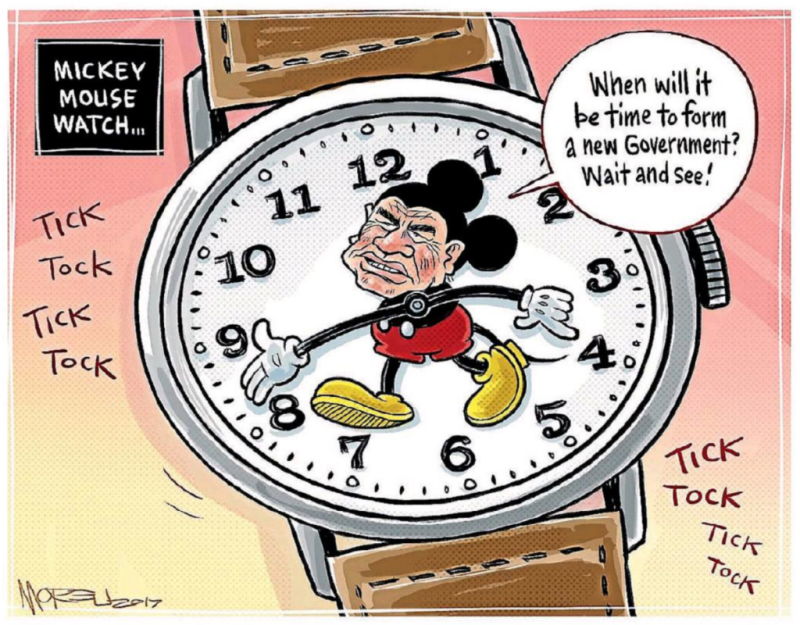
.
Perhaps Winston Peters was correct when he accused New Zealand’s mainstream media of continuing to view the political landscape through a First Past the Post prism;
“You ran a first past the post campaign in an MMP environment. And things suffer from that.”
Without a hint of self-awareness of irony, the usually insightful Bernard Hickey offered this strangely familiar ‘advice’ to Peters;
It could have been so different. He could have simply said he couldn’t disclose his negotiating position until after the counting of the special votes and that he could not say who he would choose. Everyone would have accepted that as a fair stance.
Really? “Everyone would have accepted that as a fair stance”?!
How many timers did Peters tell journalists that he “couldn’t disclose his negotiating position until after the counting of the special votes and that he could not say who he would choose” and how many times did those same journalists (or their colleagues) persist?
I have considerable respect for Mr Hickey’s researching and reporting skills. He is one of New Zealand’s most talented journalists/commentators.
On this point, however, he has over-looked the stubborn persistence of his colleagues in their unrelenting demands on Peters.
That media drivel has extended to journalists reporting on a non-existent, fabricated “story” – a potential National-Green (or “Teal”) Coalition.
Nowhere was this suggestion made seriously – except by National-leaning right-wing commentators, National party supporters, and National politicians. It should be blatantly clear to the most apolitical person that,
(a) such a coalition has been dismissed by the Green Party on numerous occassions
(b) such a coalition would be impractical due to wide policy differences between National and the Greens
(c) such a coalition scenario was being made only as a negotiation tactic by National to leverage against NZ First, and
(d) such a coalition would offer very little benefit to the Greens.
Green party leader, James Shaw, had to repeat – on numerous occassions – that any notion of a National-Green deal was out of a question;
“Our job is to form a government with the Labour Party, that’s what I said on election night, that’s what I campaigned on for the last 18 months and that’s what we are busy working on.
I said on election night that I think the numbers are there for a new government and that’s what we are working on, so everything else frankly is noise and no signal.”
This did not stop the mainstream media from breathlessly (breathe, Patrick, breathe!) reporting repeating the “story” without analysing where it was emanating from: the Right. Or who it would benefit: National.
Writing a series of stories on an imaginary National-Green coalition scenario, Fairfax ‘s political reporter Tracy Watkins could almost be on the National Party’s communications-team payroll;
Metiria Turei’s departure from the Greens co-leadership seems to be what lies behind National’s belief that a deal may be possible – she was always cast as an implacable opponent to any deal with National. James Shaw is seen as being more of a pragmatist.
But National would only be prepared to make environmental concessions – the Greens’ social and economic policy platform would be seen as a step too far. Big concessions on climate change policy would also be a stumbling block.
On both those counts the Greens would likely rule themselves out of a deal – co-leader James Shaw has made it clear economic and social policy have the same priority as environmental policy.
There is a view within National, however, that a deal with the Greens would be more forward and future looking than any deal with NZ First.
One concern is what is seen as an erratic list of NZ First bottom lines, but there is also an acknowledgement that National was exposed on environmental issues like dirty water in the campaign.
That’s why National insiders say an approach to the Greens should not be ruled out.
But Watkins was not completely oblivious to the Kiwi-version of ‘Game of Thrones‘. She briefly alluded to comprehending that National is pitting the Greens against NZ First;
Senior National MPs have made repeated overtures through the media that its door is open to the Greens, who would have more leverage in negotiations with the centre-right than the centre-left.
Watkins and her colleagues at Fairfax made no attempt to shed light on National’s “repeated overtures”. She and other journalists appeared content to be the ‘conduit’ of National’s machiavellian machinations as prelude to coalition talks.
Such was the vacuum caused by the interregnum between Election Day and Special Votes day. That vacuum – caused by the news blackout until coalition talks begin in earnest after 7 October – had obviously enabled sensationalism to guide editorial policy.
Writing for another Fairfax newspaper, the Sunday Star Times, so-called “journalist” Stacey Kirk cast aside any remaining mask of impartiality and came out guns blazing, demanding a National Green Coalition;
They should, and the reasons they won’t work with National are getting flimsier by the day. But they won’t – it’s a matter that strikes too close to the heart of too many of their base – and for that reason, they simply can’t.
[…]
For all their dancing around each other, National is serious when it says it would be happy to talk to the Greens. But it’s also serious when it says it knows it has to make big environmental moves regardless.
If the Greens are serious about putting the environment above politics – and the long-term rebuild of the party – they really should listen.
Kirk’s piece could easily have emanated from the Ninth Floor of the Beehive – not the Dominion Post Building in downtown Wellington.
The media pimping for a fourth National-led coalition, involving the Greens, would be comical if it weren’t potentially so damaging to our democracy. Media are meant to question political activity such as coalition-building – not aggressively promote them in an openly partisan manner. Especially not for the benefit of one dominant party. And especially not to install that political party to government.
One person went so far as launching an on-line petition calling for just such a coalition;
.

.
The organisor is one, Clive Antony, a Christchurch “organic fashion entrepreneur”. (That’s a ‘thing’? Who knew?) Mr Anthony explained why he wanted a “Teal” coalition;
“I genuinely think there is common ground between the National Party and the Green Party, which could result in practical policy wins for New Zealand. Environmental issues such as carbon neutrality and social issues like child poverty come to mind.”
Mr Anthony happens to be a National Party supporter.
Mr Anthony failed to explain what National has been doing the last nine years to protect the environment; why rivers have continued to be degraded; why the agricultural sector has been left out of the emissions trading scheme; why National has squandered billions on new roading projects instead of public transport; etc, etc. Also, Mr Anthony has failed to ask why National has not willingly adopted Green Party policies in the last nine years.
What has stopped them? Party policies are not copyright. After all, you don’t have to be in coalition with a party to take on their policies.
Although it helps if National were honest enough to release official reports in a timely manner, instead of the public relying on them to be leaked;
.
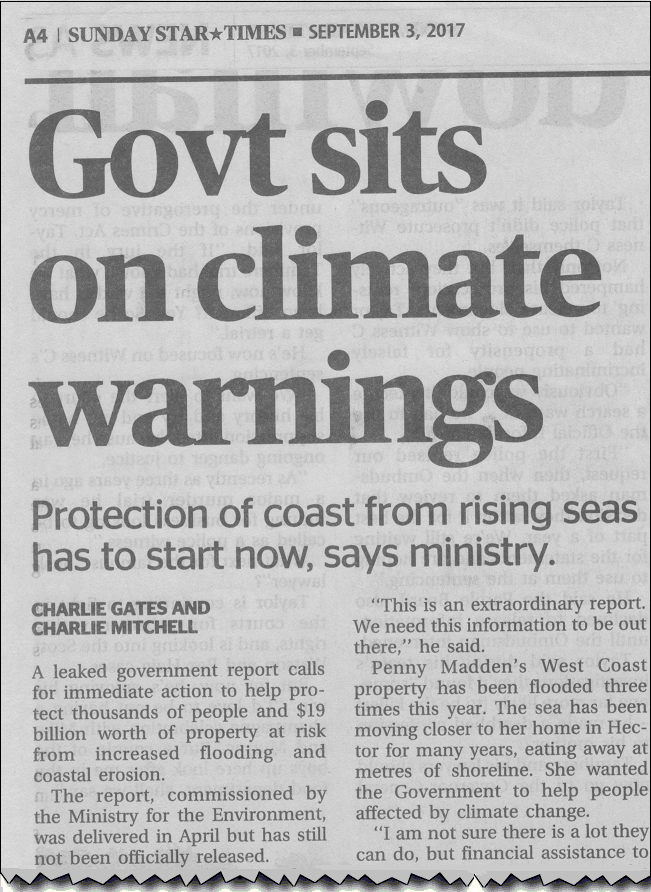
.
This is how National demonstrates transparency and integrity. This is the party that attempts to suppress critical information on climate change.
This is the party that some media pundits are clamouring to enter into a meaningful working relationship with the Greens.
As former Green MP, Mojo Mathers pointed out on Twitter;
“Oh my, National love the Greens now do they? Pity they couldn’t show some love for the environment over the last 9 years. #NoGreenWash
Dirty coal. Polluted rivers. Industrial dairying. Rising emissions. Billion dollar motorways. Seabed mining in blue whale habitat and more.”
Another, former Green MP, Catherine Delahunty, voiced what probably 99.9% of Green Party members are thinking right now;
“I would rather drink hemlock than go with the National Party. The last thing I want to see is the Green Party or any other party propping them up to put them back into power. They’ve done enough damage.”
Green Party (co-)leader, James Shaw, was more diplomatic;
“A slim majority of voters did vote for change, and so that’s what I’m working on… We campaigned on a change of Government, and I said at the time it was only fair to let voters know what they were voting for – are you voting for the status quo, or are you voting for change?”
Other individuals pimping for a Nat-Green coalition are sundry National party MPs such as Paula Bennett or former politicians such as Jim Bolger.
All of which was supported by far-right blogger, Cameron Slater’s “intern staff”, on the “Whaleoil” blog;
“Currently we are sitting in wait for old mate Winston Peters to choose who is going to run the country. After watching all the pundits in media talk about what the next government would look like, it started to annoy me that everyone has been ruling out a National/Green coalition and rightly so as both parties have basically written it off.
[…]
A quick Blue-Green arrangement with the appropriate Government Ministries assigned to Green Ministers would kill the NZ First posturing dead and would probably be the death knell for NZ First forever once Mr Peters resigns.”
National’s pollster and party apparatchik, David Farrar, was also actively pimping for a National-Green Coalition;
.
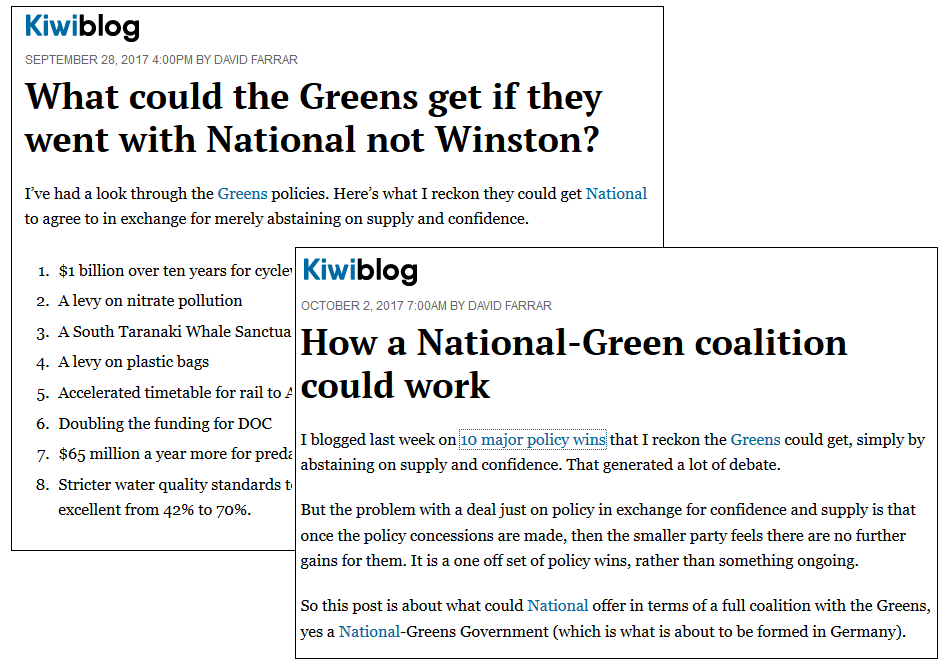
.
When even the far-right are salivating at the prospect of a Blue-Green coalition, you know something is seriously askew.
However, judging by comments posted by Kiwiblog’s readers, the prospect of a Blue-Green coalition does not sit well with his audience.
As an interesting side-note, both Whaleoil and Kiwiblog both published their first stories on a Blue-Green coalition around 27 and 28 September. The Tory communications-strategy memo talking up a Blue-Green scenario appears to have been sent to Slater and Farrar at the same time.
It beggars belief that very few media commentators have picked up on what is really the bleedin’ obvious: National’s strategy is obviously a ploy to leverage against NZ First.
Of all the pundits, only one person seems to have sussed what was really happening and why. Otago University law professor and political commentator, Andrew Geddis, put things very succinctly when he wrote for Radio NZ on 30 September;
Media coverage of the post-election period echoes this existential angst. With Winston Peters declaring that he – sorry, New Zealand First – won’t make any decisions on governing deals until after the final vote count is announced on October 7, we face something of a news vacuum.
Commentators valiantly have attempted to fill this void with fevered speculation about who Peters likes and hates, or fantastical notions that a National-Greens deal could be struck instead…
That is as close to sensible commentary as we’ve gotten the last two weeks.
The 2017 General Election may be remembered in future – not for Winston Peters holding the balance of power – but for the unedifying rubbish churned out by so-called professional, experienced journalists. In their thirst for something – anything!! – to report, the media commentariate have engaged in onanistic political fantasies.
They have also wittingly allowed themselves to be National’s marionettes – with strings reaching up to the Ninth Floor.
The National-Green Coalition fairytale promulgated by some in the media was a glimpse into the weird world of journalistic daydreaming. In other words, New Zealanders just got a taste of some real fake news.
Like children in the back seat of a car on a two-week long drive, this is what it looks like when bored journalists and media commentators become anxious and frustrated. Their impatience gets the better of them.
And a politician called them on it;
.

.
When the antiquated, binary system of First Past the Post was replaced with a more sophisticated; more representative; more inclusive MMP in the 1990s, our political system matured. Our Parliament became more ethnically and gender diverse. We even elected the world’s first transgender MP.
MMP is complex and requires careful consideration and time.
It is fit-for-purpose for the complexities of 21st Century New Zealand.
The Fourth Estate is yet to catch up.
.
.
References
Electoral Commission: Preliminary results for the 2017 General Election
Otago Daily Times: Peters will wait for special vote count
NZ Herald: Winston Peters – 7 per cent of the vote, 100 per cent of the power
Newsroom: Winston’s awful start
Fairfax media: Winston Peters launches tirade on media, stays mum on coalition talks
TVNZ: ‘Next question!’ – belligerent Winston Peters has press pack in stitches after shutting down Aussie reporter
NZ Herald: Attack on media, some insults and stonewalling – Winston Peters comes out firing in press conference
Newstalk ZB: Winston Peters hits out at media in fiery press conference
Radio NZ: Green Party dismisses National-Green speculation
Fairfax media: The Green Party also hold the balance of power, but they don’t seem to want it
Fairfax media: National says don’t rule out an approach to Greens on election night
Fairfax media: Stacey Kirk – Honour above the environment? Greens hold a deck of aces they’re refusing to play
NZ Herald: Grassroots petition calls for National-Green coalition
Fairfax media: Govt sits on climate warnings
Twitter: Mojo Mathers
Radio NZ: ‘Snowball’s chance in hell’ of a Green-National deal
Mediaworks: ‘I will hear the Prime Minister out’ – James Shaw
Mediaworks: Winston Peters’ super leak ‘great gossip’ I couldn’t use against him – Paula Bennett
Fairfax media: Greens have a responsibility to talk to National – Jim Bolger
Radio NZ: Special votes – why the wait?
NZCity: Have patience, says Winston Peters
E-Tangata: Georgina Beyer – How far can you fall?
Other Blogs
Kiwiblog: What could the Greens get if they went with National not Winston?
Kiwiblog: How a National-Green coalition could work
The Daily Blog: Martyn Bradbury – Let’s seriously consider David Farrar’s offer to the Greens and laugh and laugh and laugh
Liberation: Cartoons and images about negotiating the new government
Previous related blogposts
Election 2014; A Post-mortem; a Wake; and one helluva hang-over
Observations on the 2017 Election campaign thus far… (tahi)
Observations on the 2017 Election campaign thus far… (rua)
Observations on the 2017 Election campaign thus far… (toru)
Observations on the 2017 Election campaign thus far… (wha)
Observations on the 2017 Election campaign thus far… (rima)
Observations on the 2017 Election campaign thus far… (ono)
Observations on the 2017 Election campaign thus far… (whitu)
Observations on the 2017 Election campaign… (waru)
Observations on the 2017 Election campaign… (Iwa)
.
.
.

.
.
= fs =
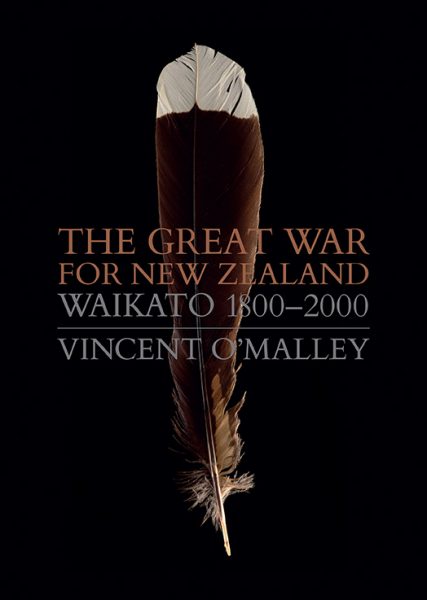


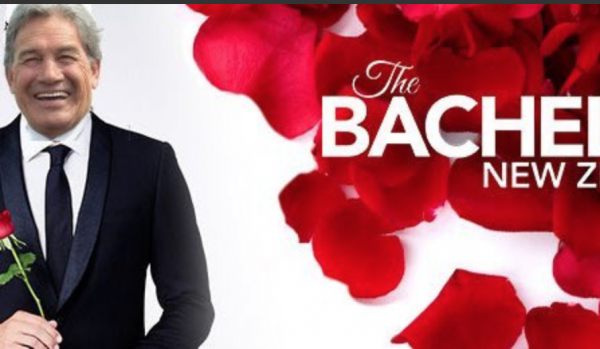









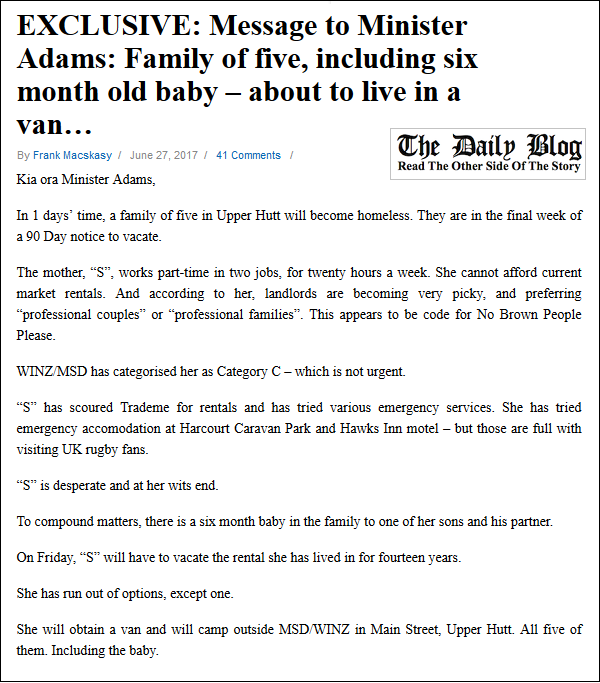

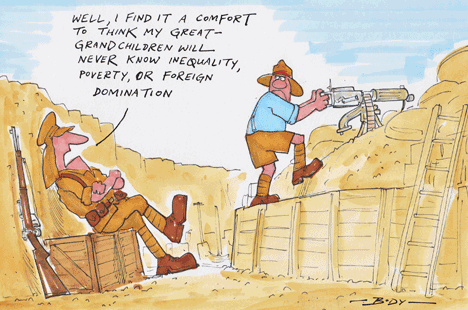



 ..and as
..and as 